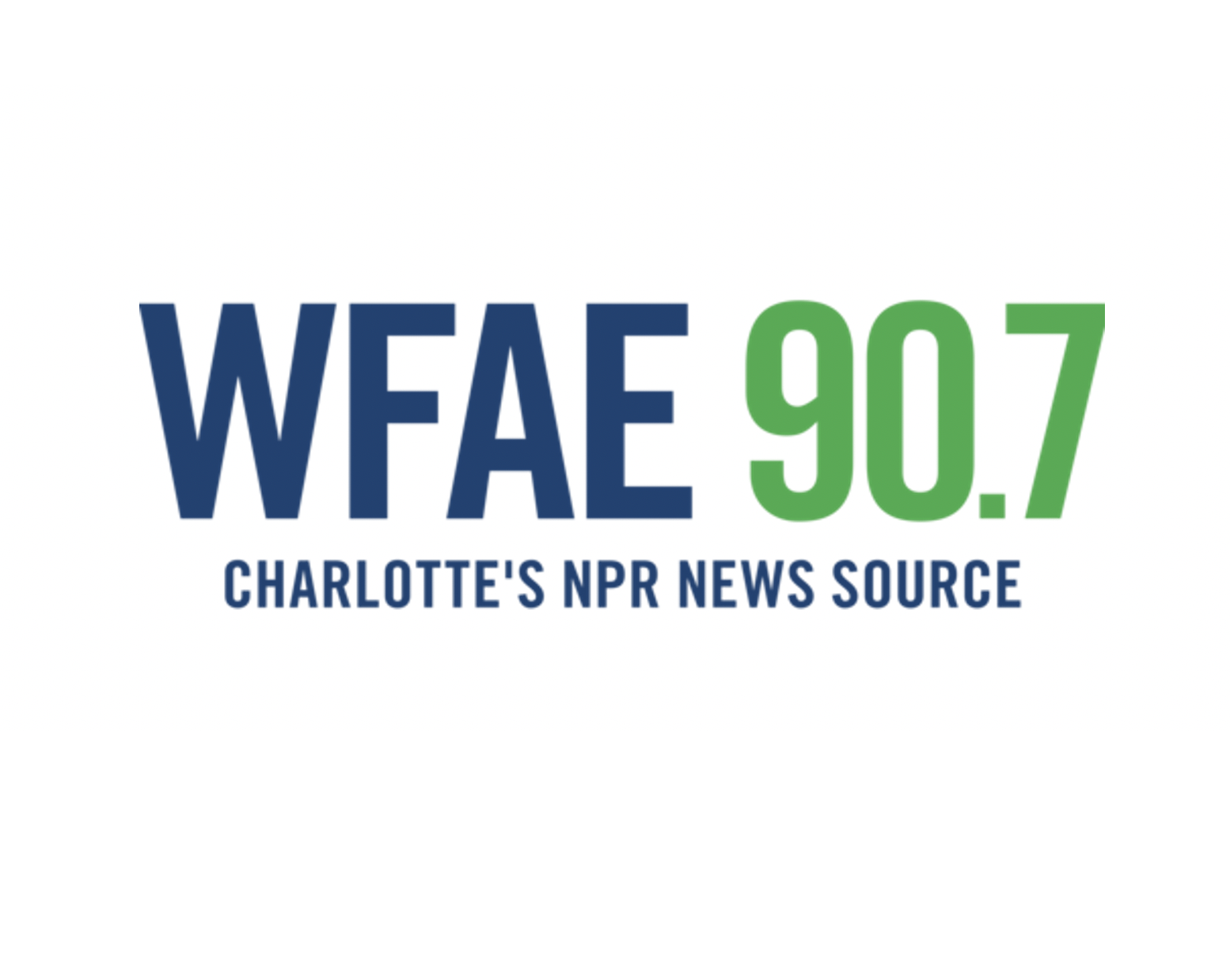North Carolina’s Health Director, Dr. Elizabeth Tilson, expects a limited supply of coronavirus vaccine will be available here by the end of the year. That assumes, of course, that the Food and Drug Administration approves its emergency use sometime in the next few weeks.
Those most at risk — like health care workers and the elderly — will get priority. But she doesn’t expect there will be enough vaccine for everyone until next spring. In the meantime, she says, a lot of work remains to reach those who are reluctant to get the vaccine.
A WRAL survey conducted in late October — before some of the most encouraging news about the vaccines was announced —found 19% of North Carolinians would be willing to get one right away and another 31% would likely be willing after waiting a few months. But 16% said they’d wait until the vaccine is out for at least a year, and 18% say they’ll never take it.
Vaccine misinformation researchers Nicholas Velasquez and Rhys Leahy agree. The George Washington University team published a paper showing that organized groups that push vaccine misinformation are able to connect with more undecided readers than sites with reputable data.
“Some people really come from a place of believing they’re protecting their kids,” Leahy says, “but sometimes there are also more obvious, sort of insidious or corrupt motivations … you’ll see someone saying “don’t get a vaccine, live naturally. Here’s my natural health product.” It’s a conspiracy to sell something, she says.


